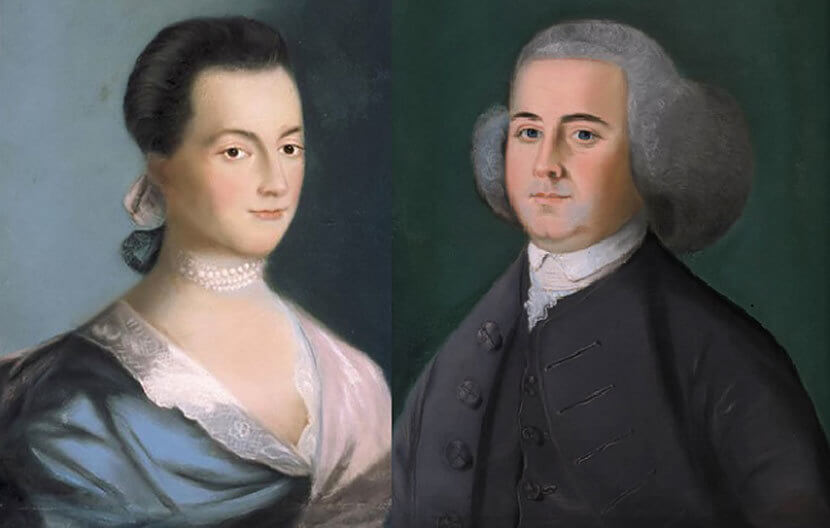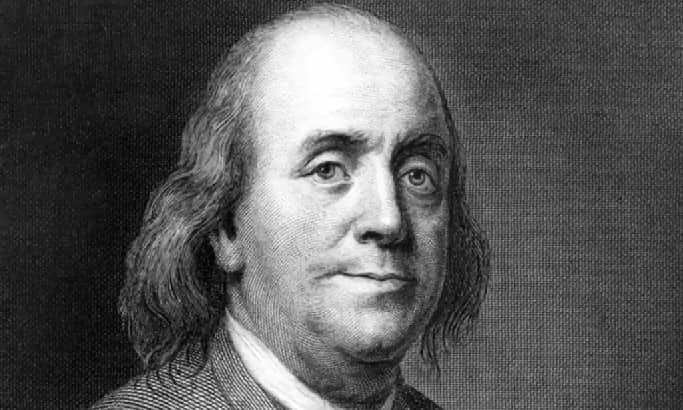The American Revolution was the revolt between 1775 and 1783 that resulted in the re-establishment of a country where the principles of liberty, equality, civil and human rights, and responsible citizenship served as the basis of both the rule of law and a free society. In the letter to her husband, John Adams, the second U.S. president, Abigail Adams writes of the numerous activities she took on in the community and the lasting effects of the American Revolution while her husband was absent. She claims that the town is at peace because of the American Revolution and the ideas of independence, despite children, enslaved people, and locals defying and thinking they are free to do anything they like. These letters from Abigail Adams make essential points concerning women’s rights. In her letter, she makes the case that males oppress women and often do not see them as equals to themselves. She asserts that men maintain their sense of superiority and regard women as their vassals. She encouraged her husband to “consider women” in the new legislation she would pass in 1776.
In the letter that she wrote on March 31, she mentioned, “I long to hear that you have declared an independency—and by the way, in the new Code of Laws which I suppose it will be necessary for you to make, I desire you would Remember the Ladies, and be more generous and favorable to them than your ancestors.” Before the American Revolution, women were usually restricted to the home because they were considered weaker and less capable than males. She discusses how males oppressed women before the American Revolution, how all of their obligations and rights belonged to men, and how as a result, they were unable to speak up and protect their rights. This was evident in how women were treated in the household; in marriages, there was a greater emphasis on submission and obedience. Adams backs up her idea with these words: “Do not put such unlimited power into the hands of the Husbands.”
Adams corrects her letter dated April 7 by noting that she wants to hear from her husband more frequently, precisely as she said in her letter on March 31. She describes her personal experiences with her spouse in this letter, in contrast to the previous letter, much like a diary writer. “I need not say how much I am Your ever faithful Friend” is a fitting way to close the letter. It can be seen as a symbol of her unconditional support and a moraine from his final words.
On April 14, 1776, John Adams wrote a letter to his wife from March 31, “Depend upon it, We know better than to repeal our Masculine systems. Altho they are in full Force; you know they are little more than Theory. We dare not exert our Power at its full Latitude. We are obliged to go fair and softly, and in Practice, you know. We are the subjects.” In essence, he says that although males have Power, they do not abuse it and instead are fair and pleasant. Adams ends his speech by expressing his optimism that decent politicians and Washington’s amir may work together to address the issues of inequity.
To conclude, the ideas of independence and freedom that became widespread during the American Revolution created a moral dilemma regarding gender equality. Women had already proven that they could run businesses and households as well as men, but they were still not equal to men in the face of the law. The main argument Abigail Adams tried to convey in her letters is that while declaring the independence of America, reconsider the ladies since they were limited before in terms of social status. By treating this feeling like a joke, John Adams illustrated the limitations of revolutionary liberty. Adams’ letter was a discreet first step in the struggle for women’s equal rights.
Written by Beyza Tekin
The articles are licensed by the Berkeley Institute. You can use the articles by showing the source and giving the link.



